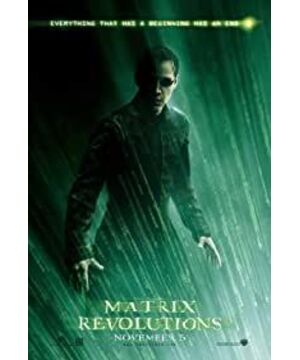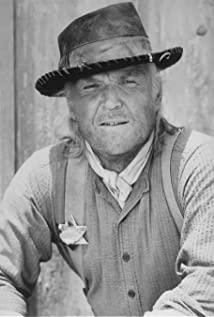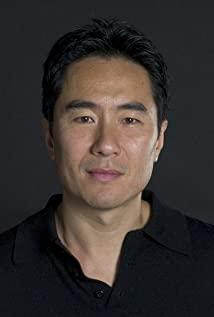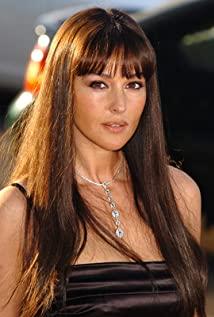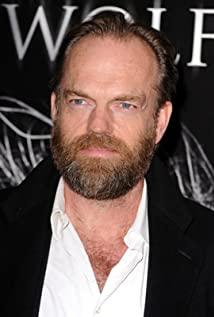The existence and expression of the designer and the prophet in the film are somewhat ironic to "human beings think they have free will." (In fact, most of the choices of every human being are pre-arranged or predictable. Only when the barebones-level authority is granted can the ability of individual humans be worthy of having free will. Isn’t Morpheus also Is it like a program with a clear purpose?)
The difference between a designer and a prophet is that the designer cares about the "balance of the equation", "can accept survival at any level", and thinks that free will is just the icing on the cake. The prophet is always willing to explore the space of possibilities in a way of "out of control" through the "imbalance" inherent in free will, jumping out of the local optimum to find the global optimum.
Both methods are risky, and they are the basic methods for the survival of machine civilization and the exploration of the meaning of existence and the path of evolution.
The film is also a social metaphor. It gives two social forms, the democratic Zion and the totalitarian Matrix. The totalitarian society promises good material security and a comfortable life at the cost of depriving of free will. Human life is like a script that has been arranged, wandering in a given space of possibilities. People with free will (less than 1%) resist totalitarian power and find ways to escape from the paradise. Under difficult conditions, relying on the yearning for free life, establish a free-will rebel alliance, but the scale and strength are far weaker than those in power. After thinking, those in power allowed these people to establish a so-called free country, but sent special agents to secretly prevent them from engaging in the "enlightenment" in order to "wake up more people." At the same time, by limiting its resources and venues, it also has the effect of maintaining a low level of social development and limiting its space of possibilities.
Whenever the people's willingness to rebel under totalitarian rule becomes stronger and stronger and can no longer use cheap deception and comfort to maintain the rule, those in power will guide the most rebellious leader and give him the strength to overthrow the entire society and rebuild a new society. And the home of this leader is the grandfather of a free country in the new dynasty. This process is Reload.-It is still the script.
Revolutions means that a "progressive force" among the rulers believes that Reload is just standing still. To promote social development, we must use free will for my use, truly expand the possibility space of the entire society and even increase the dimension of existence. Therefore, through a very dangerous experiment, through the extreme demonstration of “excessive stability maintenance power will lead to exhaustion of tax sources”, the authorities have persuaded those in power to change their attitude towards “unilateral suppression and maintenance of stability” towards free willers, allowing free willers to exert their subjective initiative. The society "repairs itself" and acquiesces to individual people to cultivate free-willed H second generations in Ivy League schools, adding vitality to the ruling class. Since then, the relationship between those in power and free will has shifted from confrontation to cooperation and dependence, and the balance of power between the two parties has not changed significantly, so long-term peace can be expected. The result of the revolution is the victory of both the free will and those in power, breaking the historical cycle of the "super-stable structure", which is plural.
Individuals can imagine free will, but have free will? It's just that the size and shape of the possibility space are different. ——"When humans think, God laughs."
View more about The Matrix Revolutions reviews


